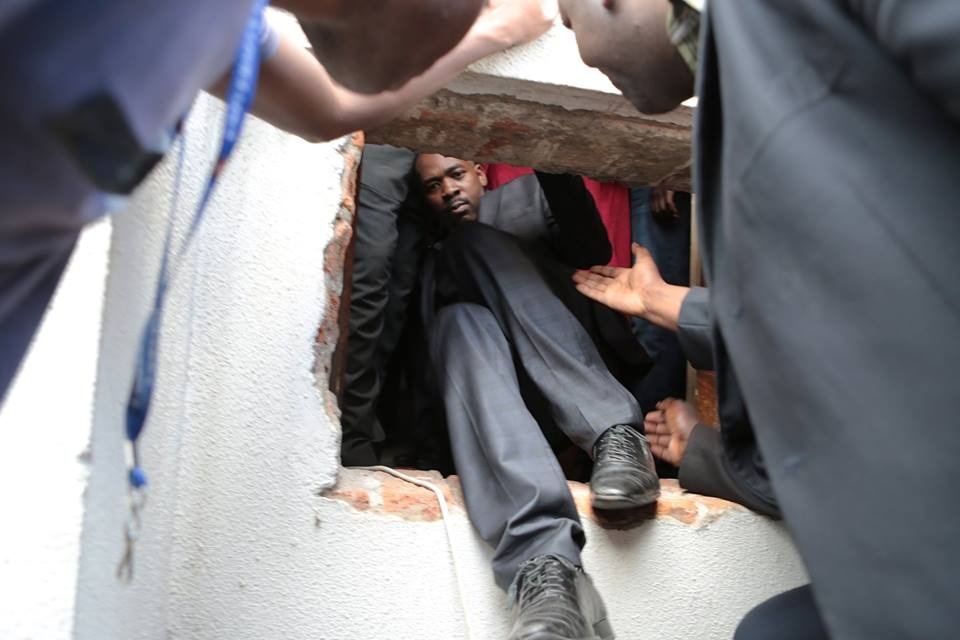by Mapozho Saruchera
The MDC alliance led by Advocate Nelson Chamisa is sending inconsistent and contradicting messages with regards to issues surrounding the forthcoming elections, in the process exposing the party’s indecisiveness.
Addressing a rally in Zhombe on Sunday, Deputy National Chairperson of the MDC-T faction led by Chamisa, Morgan Komichi said that the MDC Alliance was happy with the new voters rolls.
“The new biometric voters roll managed to remove 8000 and 60 000 ghost voters in Harare and Bulawayo respectively,” alleged Komichi.
A day later, Chamisa’s chief election agent, Mr Jameson Timba, alleged during a press conference that the same voters roll was in shambles as 400 people on the biometric voters register shared the same residential address in Chitungwiza.
That allegation was dismissed in a statement by the Zimbabwe Electoral Commission (ZEC) Chairperson, Justice Priscilla Chigumba who also rapped some political parties, saying their demands to be close to the ballot printing machines in a high security area was an abuse of the right to transparency.
“The stand number 100086 Unit G, Chitungwiza, alluded to by some press reports is in fact a church shrine with 122 voters, which is contrary to some press reports that it has 400 voters,” she said.
During the Zhombe rally, Komichi also informed party supporters that slogans such as ‘pasi nemhandu!’, ‘chisa mbama chisa!’ and ‘bwa!’ were no longer allowed as they promote violence.
“If you hear someone saying those slogans you should report them to police or ZEC,” warned Komichi.
However, that very day in Mvurwi, Chamisa was busy chanting ‘chisa mbama chisa’.
A dig into the media archives, however, confirmed that inconsistency and contradiction have always dogged MDC Alliance.
In an SABC interview aired in March 2018, Chamisa contradicted his alliance partner and People’s Democratic Party leader, Tendai Biti when he said that once they get into power, they would invite a basket of currencies to use and alleviate cash shortages.
In contrast, Biti suggested that they would join the Rand union so that the rand becomes the formal currency to be used in the country.




